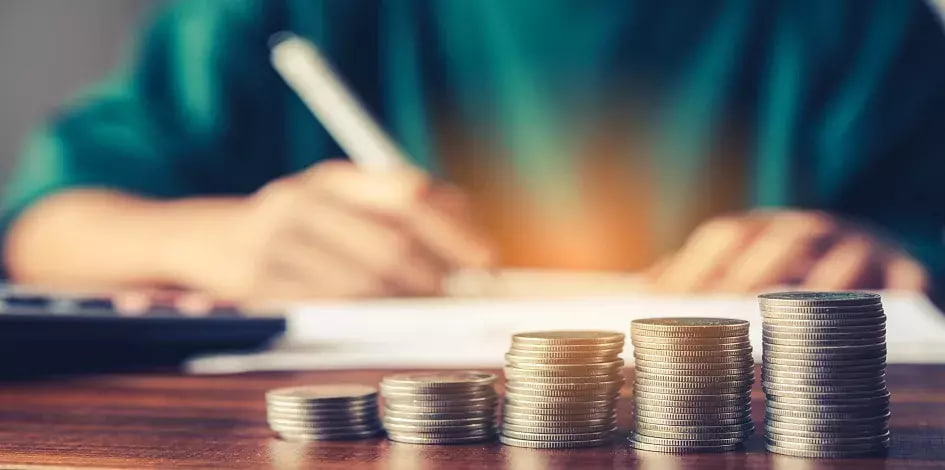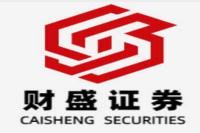港股回购潮:解读巨头们的“抄底”信号?
元描述: 深入解读港股回购潮,特别是腾讯、友邦保险和石药集团的巨额回购,分析其背后的动机、市场信号以及投资者应如何应对。了解回购对股价的影响,以及如何识别潜在的投资机会。
Are you intrigued by the recent surge in Hong Kong stock buybacks? Imagine this: billions of Hong Kong dollars being poured back into the market by some of the biggest names in the game – Tencent, AIA, and even Shijiazhuang Pharmaceutical Group! This isn't some random market fluctuation; it's a powerful signal, a potential glimpse into the minds of corporate giants, offering a fascinating case study in financial strategy and market sentiment. This isn't just another dry market report; it's a story of confidence, risk assessment, and the potential for savvy investors to capitalize on the opportunities presented. We'll delve deep into the recent wave of buybacks, dissecting the motivations behind these massive investments, exploring the broader market implications, and providing you with a framework to understand how these moves might impact your own investment strategy. Get ready to unravel the mystery behind these multi-million dollar buyback sprees and discover how you can potentially benefit from this compelling market dynamic. This isn't just about numbers; it's about understanding the story behind the numbers, understanding the strategic maneuvering of market leaders, and making informed decisions based on solid, data-driven insights. So, buckle up – let's dive into the fascinating world of Hong Kong stock buybacks!
港股回购:企业信心与市场预期
November 28th witnessed a significant event in the Hong Kong stock market: a flurry of buyback activity, with a staggering 41 companies repurchasing their own shares. What's particularly noteworthy is the sheer scale of some of these buybacks. Wind data revealed that Tencent Holdings, AIA Group, and Shijiazhuang Pharmaceutical Group led the pack, with repurchase amounts exceeding HK$700 million, HK$452 million, and HK$29.52 million respectively. Whoa! That's a serious chunk of change.
This isn't just a one-off phenomenon. We've seen increasing buyback activity in recent months, suggesting a broader trend at play. But what does it all mean? Let's break it down.
Why are these companies buying back their own shares? Several key factors often drive corporate buyback decisions:
- Undervalued Shares: Companies might believe their shares are trading below their intrinsic value, presenting a compelling opportunity to boost shareholder returns. Think of it as a company saying, "Hey, our stock is on sale!"
- Strong Financial Position: Robust cash reserves often fuel buyback programs. Companies with healthy balance sheets often see buybacks as a smart way to utilize excess capital.
- Boosting EPS: Share buybacks reduce the number of outstanding shares, thus increasing earnings per share (EPS). This, in turn, can make the stock appear more attractive to investors.
- Returning Capital to Shareholders: Buybacks are a direct way to return value to shareholders, alongside dividend payouts.
- Signaling Confidence: A significant buyback can be interpreted as a vote of confidence in the company's future prospects. It's essentially the company saying, "We believe in ourselves, and we think you should too!"
腾讯控股 (00700.HK) 的回购策略
腾讯控股的HK$700 million buyback is particularly striking. This demonstrates a significant commitment from management, suggesting strong confidence in the company's long-term growth trajectory, even amidst fluctuating market conditions. This massive buyback could signal a strategic move to capitalize on what management perceives as a temporary dip in the stock price, a move to stabilize the share price, or a combination of both. It could also be seen as a response to market pressures or concerns about slowing growth in certain sectors. However, analyzing this further requires a deep dive into Tencent’s recent financial performance and strategic initiatives.
友邦保险 (01299.HK) 和石药集团 (01093.HK) 的回购行为
Similarly, AIA Group's substantial HK$452 million buyback reflects a positive outlook. The insurance sector is often viewed as a relatively stable investment, but even in this sector, market fluctuations can impact share prices. This buyback likely aims to strengthen shareholder value and potentially signal confidence amidst broader market uncertainties. Shijiazhuang Pharmaceutical Group's buyback, though smaller in scale, still contributes to the overall trend, showcasing the diverse range of companies participating in this recent wave of buyback activity.
回购对股价的影响:利好还是利空?
The impact of share buybacks on stock prices is complex and not always straightforward. While buybacks often lead to a short-term price increase due to reduced supply, the long-term impact depends on various factors, including the overall market sentiment, the company's financial health, and investor perception of the buyback itself. Some argue that buybacks can artificially inflate stock prices, while others see them as a sign of positive management decisions. Ultimately, the impact is multifaceted and needs nuanced analysis.
投资者应该如何应对?
The recent surge in Hong Kong stock buybacks presents both opportunities and challenges for investors. Here's some food for thought:
- Due Diligence is Key: Before jumping on the bandwagon, thorough research is essential. Analyze the company's financials, its strategic direction, and the reasons behind its buyback program.
- Consider Market Sentiment: The overall market environment plays a vital role. A buyback might be less effective if the broader market is experiencing a significant downturn.
- Diversify Your Portfolio: Don't put all your eggs in one basket. Diversification is crucial for managing risk, regardless of the market trend.
- Long-Term Perspective: Buybacks are often a long-term strategy, so consider your investment horizon before making any decisions.
常见问题解答 (FAQ)
-
Q: Are share buybacks always a good sign? A: Not necessarily. While often positive, a buyback might mask underlying issues. Always conduct thorough due diligence.
-
Q: How can I identify companies likely to initiate buybacks? A: Look for companies with strong cash flows, low debt, and a belief that their stock is undervalued.
-
Q: What are the tax implications of share buybacks for investors? A: Tax implications vary depending on your jurisdiction and individual circumstances. Consult a tax professional for personalized advice.
-
Q: Do buybacks guarantee a higher stock price? A: No, they don't guarantee it. The market's overall sentiment and other factors significantly influence the stock price.
-
Q: Are buybacks better than dividends? A: It depends on individual investor preferences and tax situations. Buybacks increase EPS, while dividends provide direct cash returns.
-
Q: Where can I find reliable information on company buybacks? A: Check company press releases, financial news websites, and regulatory filings.
结论
The recent surge in Hong Kong stock buybacks highlights a significant shift in market dynamics. While not a foolproof indicator of future performance, these buybacks offer valuable insights into corporate strategies and market sentiment. By understanding the motivations behind these large-scale repurchases and conducting thorough research, investors can potentially identify attractive investment opportunities and navigate the market with greater confidence. Remember, however, that informed decision-making requires a comprehensive analysis, considering both the micro and macro factors at play. Stay tuned for further developments in the fascinating world of Hong Kong stock buybacks!



